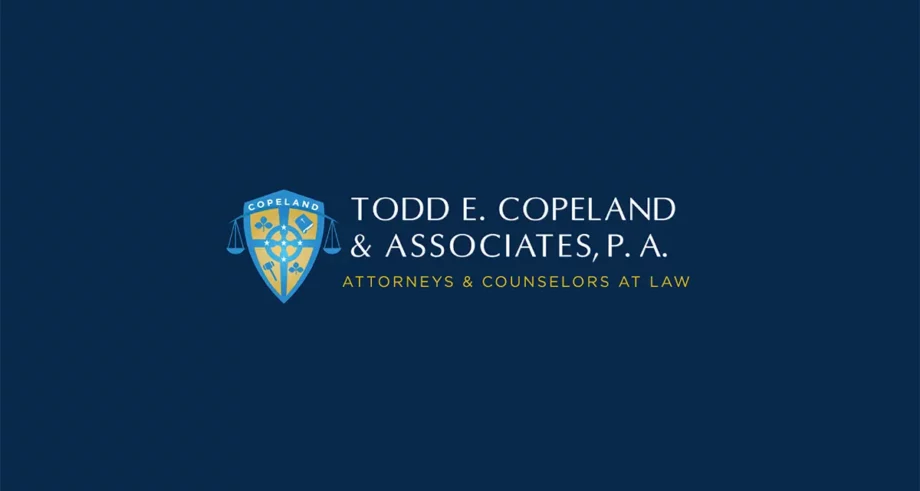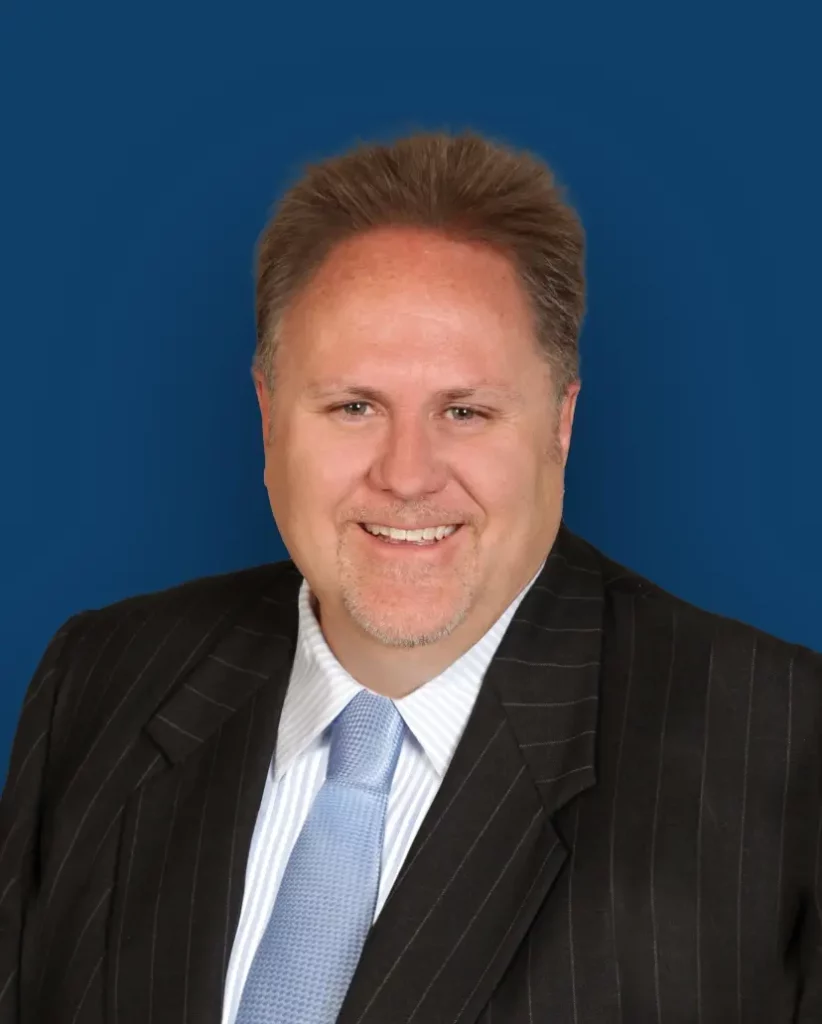If you’ve undergone hip or knee replacement surgery or have atrial fibrillation, your doctor may have prescribed you a popular medication called Xarelto. But new studies show that this drug, an oral anticoagulant, can cause uncontrolled and potentially fatal internal bleeding, according to the United States Food and Drug Administration.

Developed and manufactured by Bayer and known generically as rivaroxaban, Xarelto is one of a new class of anticoagulants known as direct prothrombin inhibitors, medications designed to provide an alternative to warfarin, commercially marketed as Coumadin, Jantoven, Marevan or Uniwarfin. Side effects of warfarin can include hemorrhage, necrosis, osteoporosis, calcification of valves and arteries and purple toe syndrome. Xarelto has not been linked with most of these side effects and is marketed as not requiring INR monitoring that patients treated with warfarin require. However, the two medications do share one risk – internal bleeding.
Studies show that compared with warfarin, Xarelto poses a higher risk for gastrointestinal bleeding than does warfarin. What’s more, there is currently no known way to reverse Xarelto’s anticoagulant effect when a major bleeding event occurs, unlike with warfarin. That means bleeding which makes these dangerous side-effects to the drug possibly irreversible, even fatal.
The FDA originally approved Xarelto in July 2011 to reduce the risk of blood clots in patients who have undergone hip and knee replacement surgery, and later to reduce the risk of stroke in patients with atrial fibrillation and for the general treatment of deep vein thrombosis and pulmonary embolisms. But earlier this year, the agency denied Xarelto for the third time for the treatment of patients with acute coronary syndrome over concerns about the drug’s bleeding risk and missing data from a clinical trial.
If you believe you’ve suffered internal bleeding or other serious side effects as a result of being treated with Xarelto, talk with your doctor immediately. Then call 407-999-8995 and talk with an experienced dangerous drugs attorney with Orlando’s Todd E. Copeland & Associates.
